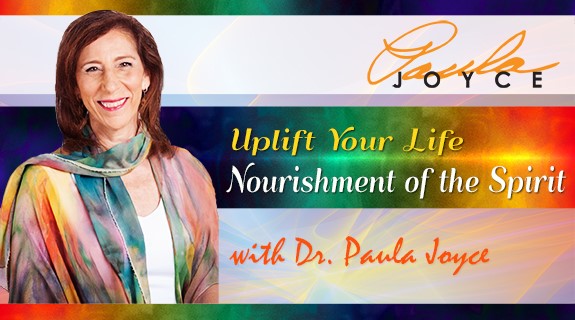From Pain to Gain: Changing your perspective on the negatives of life, and using pain to your advantage By Dr. Lisa Cooney
Is there still pain lingering in the background of your being, even though youâve freed yourself...
Read Moreby VoiceAmerica | Jan 30, 2017 | Empowerment | 0 |
Is there still pain lingering in the background of your being, even though youâve freed yourself...
Read Moreby VoiceAmerica | Jan 27, 2016 | 7th Wave | 0 |
Are you sick and tired? Emotional abuse is what I call “The Silent Killer.” Because...
Read Moreby VoiceAmerica | May 13, 2014 | 7th Wave, Empowerment, Health & Wellness, Kids, VoiceAmerica | 0 |
Most people, especially ones in abusive relationships, do not understand what emotional abuse is....
Read Moreby VoiceAmerica | Jan 31, 2014 | Empowerment, Health & Wellness, VoiceAmerica | 0 |
As I sit here with tears of disbelief after watching a documentary on domestic violence...
Read More




